Mastering Database Unit Testing: A Full Guide and 5 Essential Tools
This guide provides comprehensive insights and five key tools for mastering database unit testing in software development.
Join the DZone community and get the full member experience.
Join For FreeDatabase testing is an essential component in the software development lifecycle. Conducting unit and schema testing when dealing with database testing is imperative, and stress testing is equally crucial. However, determining the necessary tests for your database and identifying those that can be skipped can be challenging. Let's delve deeper into the importance of unit testing in database testing and explore how to effectively carry out unit testing on databases.
When it comes to database testing, data integrity, and consistency are paramount. Our goal as QA engineers is to ensure that every application component maintains data integrity, from server-side tasks to client-side interactions. So, let's take a closer look at the types of database testing that can help us achieve this.
First up, we have structural testing. This type of testing focuses on the database's structure and organization, ensuring everything is in order. We want to ensure that tables, columns, and relationships are set up correctly. It's like checking the foundation of a building to ensure stability.
-
Create a blank database instance. Start by setting up the necessary components and structures for your testing.
-
Automate the testing procedures. By automating the process, you can ensure the database is in a known state before each test run and verify its condition afterward.
-
Check for potential issues like missing references. Accidental removal or renaming of objects can cause problems, so it's crucial to identify and address them.
-
Conduct a test to ensure proper database restoration once testing is completed.
- First up, unit tests can be automated, just like executing code. You can easily script a set of database operations, ensuring that your tests are consistent and efficient.
- Unit tests are fantastic for testing individual triggers, views, and stored procedures. You can thoroughly test the behavior of each component, ensuring they work exactly as intended.
- Unit tests provide you with an executable representation of your database testing operations. This means you can quickly test and validate new code before rolling it out, saving you time and avoiding potential issues.
- Unit tests produce consistent results. By mapping every input as part of the test, you gain a clear understanding of the expected outputs when everything goes according to plan.
- Unit tests should be independent of one another. While some setup and teardown may be required, each test should stand independently, ensuring that one test does not impact another.
-
Start with an organized plan. Mapping requirements early on helps avoid chaos during deployment, release, or troubleshooting.
-
Develop proper data sets to create meaningful test scenarios based on the requirements.
-
Ensure accurate and manageable data for effective testing.
-
Focus on response time to estimate database performance.
-
Test database security by simulating unauthorized access scenarios.
-
Create invalid test case sets to check database constraints.
-
Keep your database testing queries simple and concise.
-
Seek feedback from others to improve your queries and make them more efficient.
1. Data Factory
It's an innovative software with a user-friendly interface, perfect for handling large-scale data testing. While it may require more time to upload files, Data Factory excels at working with big data, making it a powerful choice for larger projects.
2. DTM Data Test Generator
DTM Data Test Generator is a business tool ideal for database testing due to its easy input of schema-testing objects and data rows. It supports high-level load testing and unit tests, making it commercially effective. However, its multiline entry form factor may not suit individual testers requiring on-demand service for specific needs.
3. Aqua Cloud
Aqua Cloud is an AI-powered test management solution that provides various features to help manage and organize the software testing process. With seamless integrations with Jira, Selenium, Oracle, and more, the Aqua Cloud offers a user-friendly interface and robust features, such as stored procedure testing. It's a reliable choice to ensure the security and quality of your stored data.
4. MS SQL Server
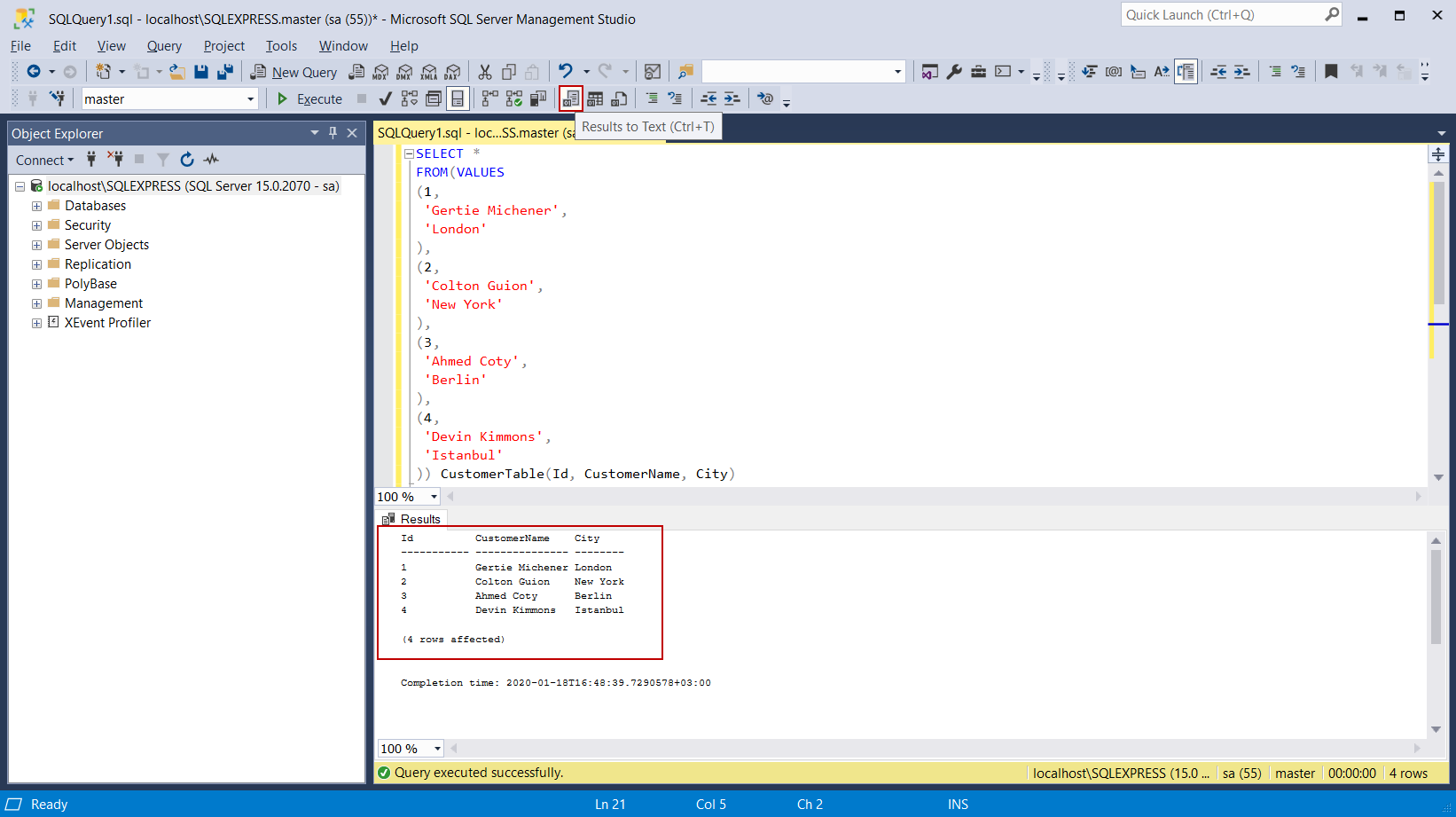
MS SQL Server is an excellent choice for unit testing due to its beneficial features and integrations. It's crucial for testers to familiarize themselves with its schemas and stored procedures feature to maximize their project's efficiency.
5. SQL Test
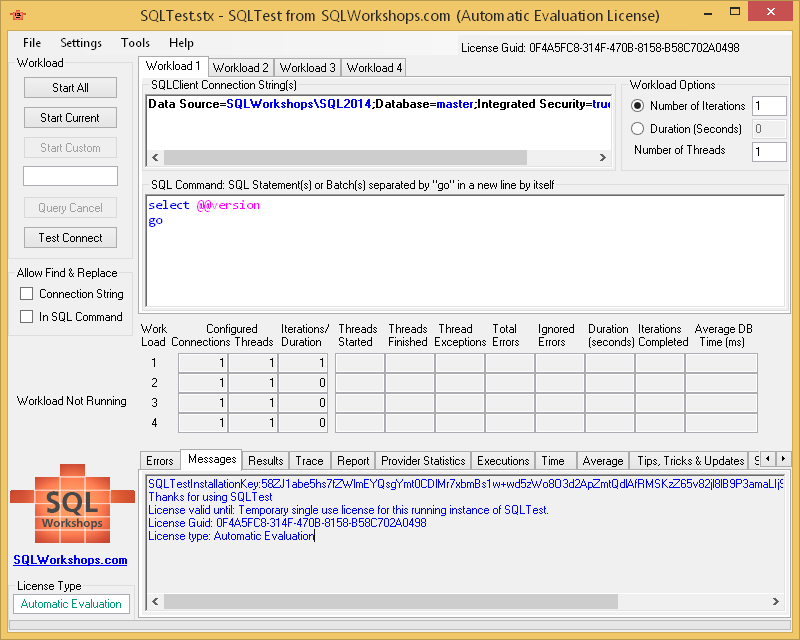
SQL Test is a cost-effective, open-source tool suitable for projects of all sizes due to its flexibility. Its ability to rapidly generate results for large SQL server databases makes it a popular choice among QA engineers who value data security.
If you've hesitated about database unit testing, it's time to reconsider. While the process may seem complex initially, having the right framework and testing software makes it manageable. Starting now can bring significant benefits.
By adopting a more stringent quality assurance strategy, such as integrating database testing tools into your QA process, you can enhance efficiency and minimize risks associated with bugs or data breaches. So, are you prepared to take the leap?
Opinions expressed by DZone contributors are their own.

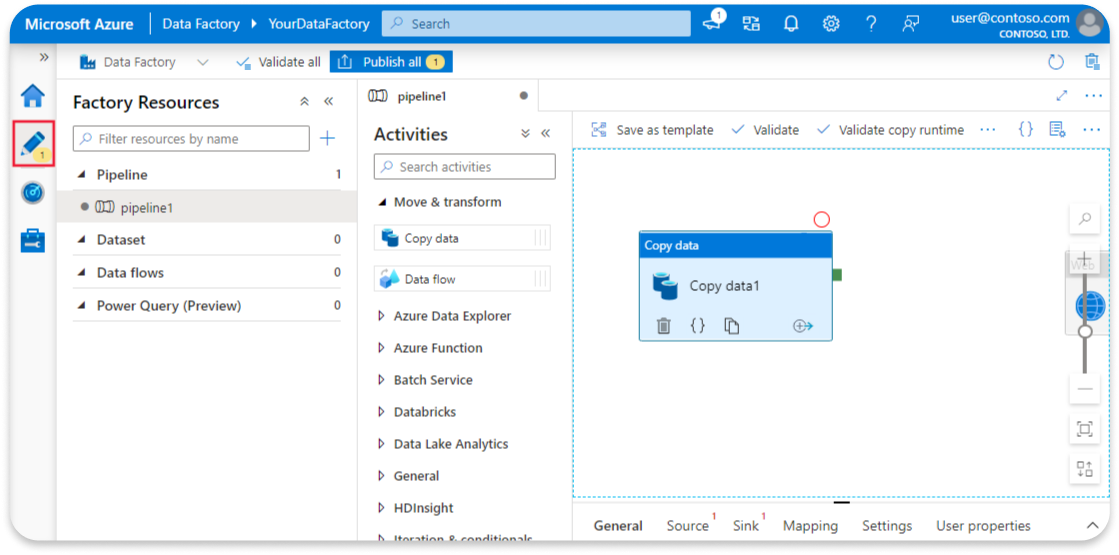
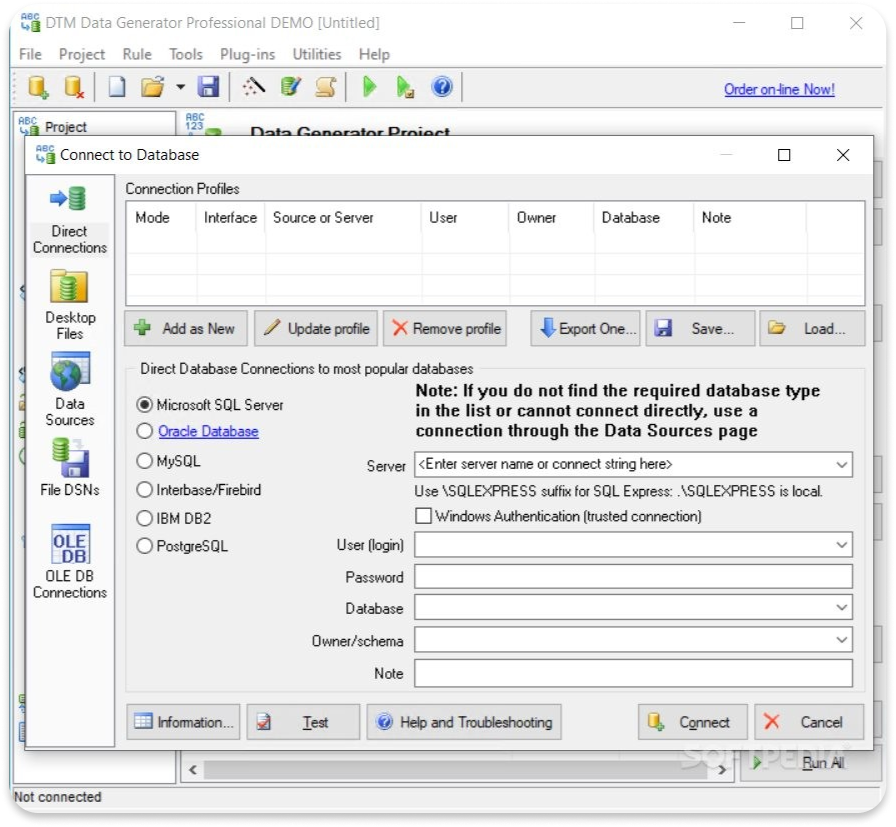
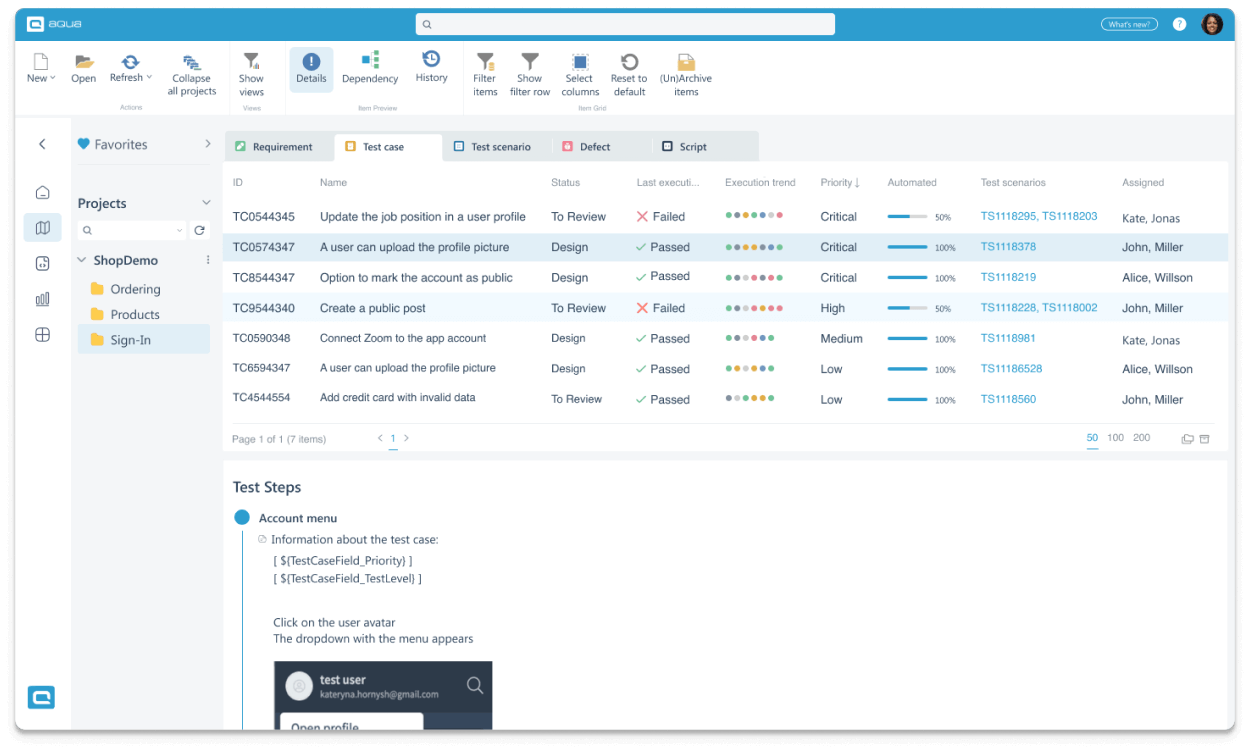
Comments